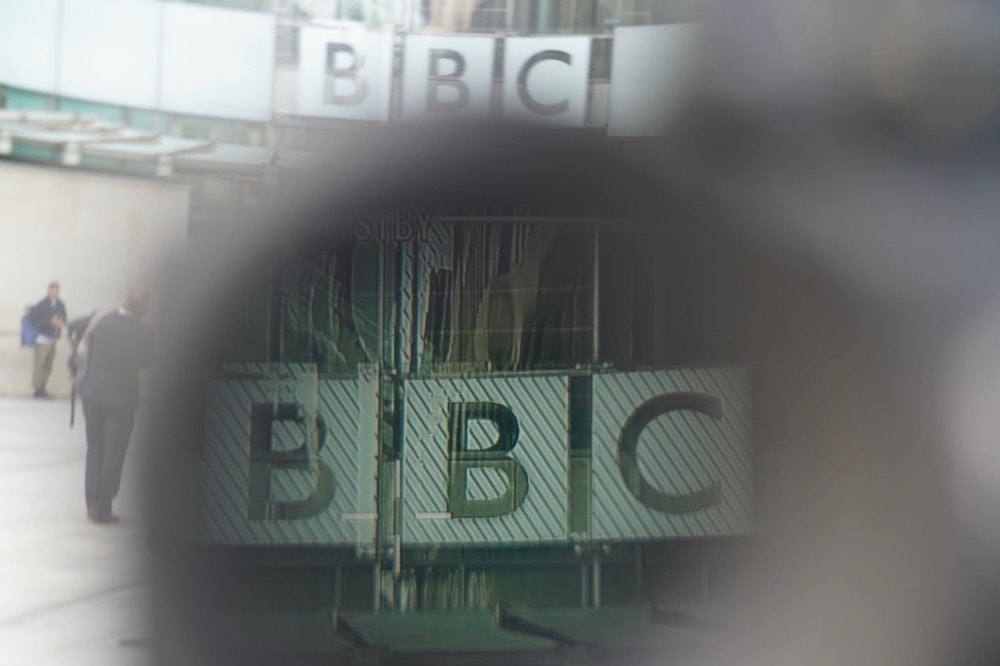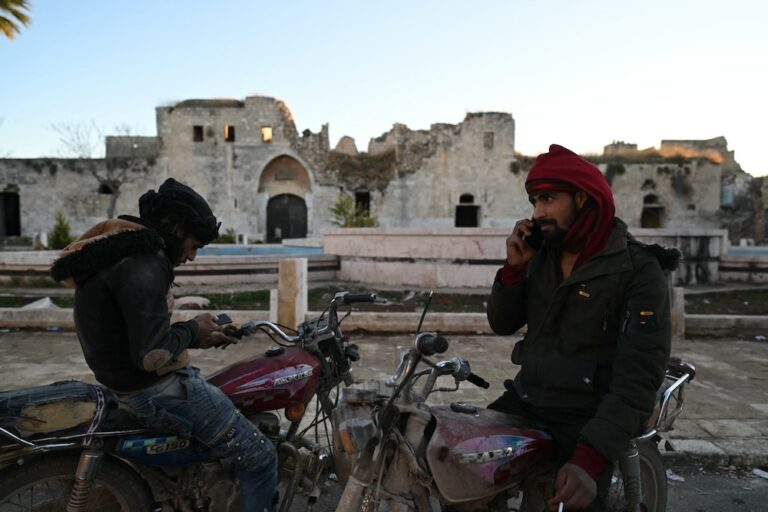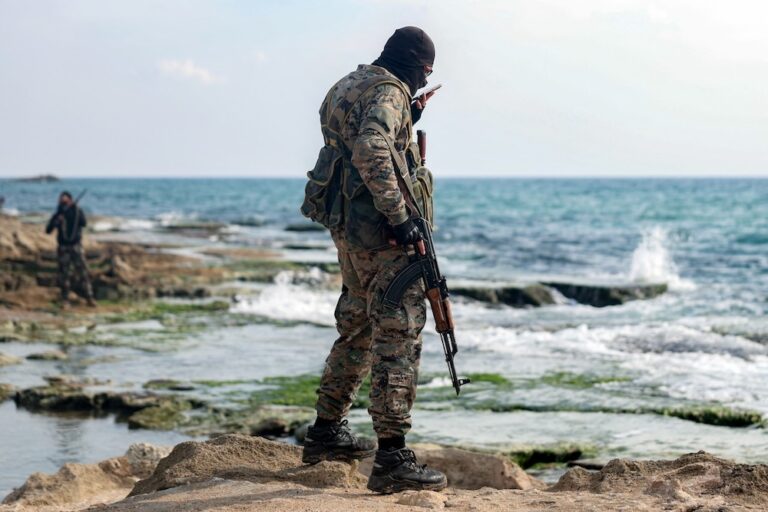"The recent revocation of two BBC reporters' accreditation shows that the government remains intent on stifling independent voices."
This statement was originally published on cpj.org on 10 July 2023.
The ministry’s statement said one journalist worked as a radio correspondent, and the other as a correspondent and camera operator. It did not specify what reporting led to the revocation, but said the BBC had been “warned more than once” about “misleading reports relying on statements and testimonies from terrorist and anti-Syrian authorities.”
“The Syrian government has long restricted the media, and the recent revocation of two BBC reporters’ accreditation shows that the government remains intent on stifling independent voices,” said Sherif Mansour, CPJ’s Middle East and North Africa program coordinator, in Washington, D.C. “Authorities should reverse this decision and allow all members of the press to work freely and without fear of reprisal.”
In late June, the BBC published an investigative report linking the trade of an amphetamine drug with President Bashar al-Assad’s family and the Syrian Armed Forces. Syria, which has been roiled by civil war since 2011, has previously denied playing a role in the amphetamine trade.
In an email to CPJ, the BBC said that the outlet would “continue to provide impartial news and information to our audiences across the Arabic-speaking world.”
CPJ emailed the Syrian Ministry of Information for comment but did not receive any response.
At least five journalists were imprisoned in Syria at the time of CPJ’s 2022 prison census.



